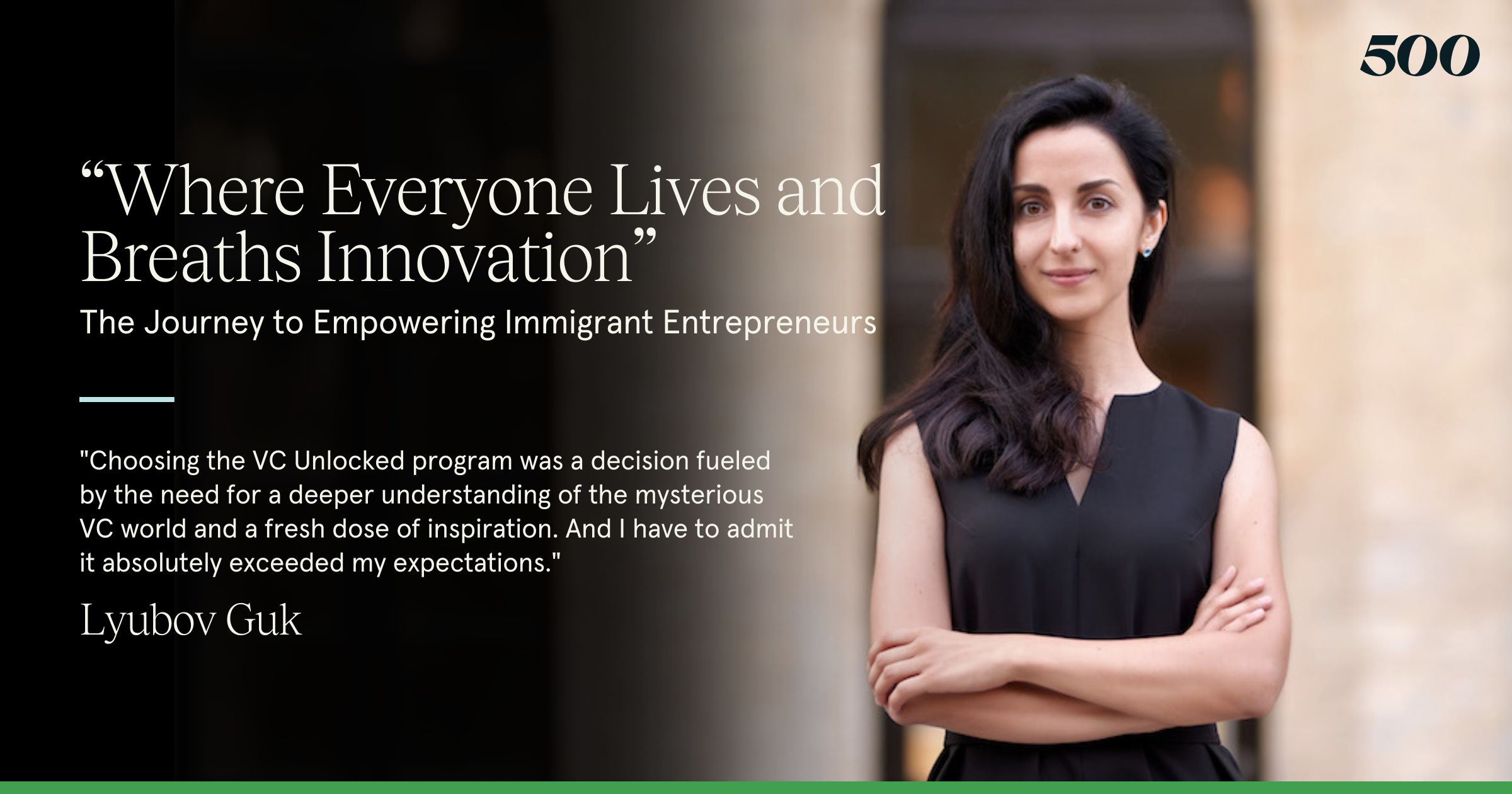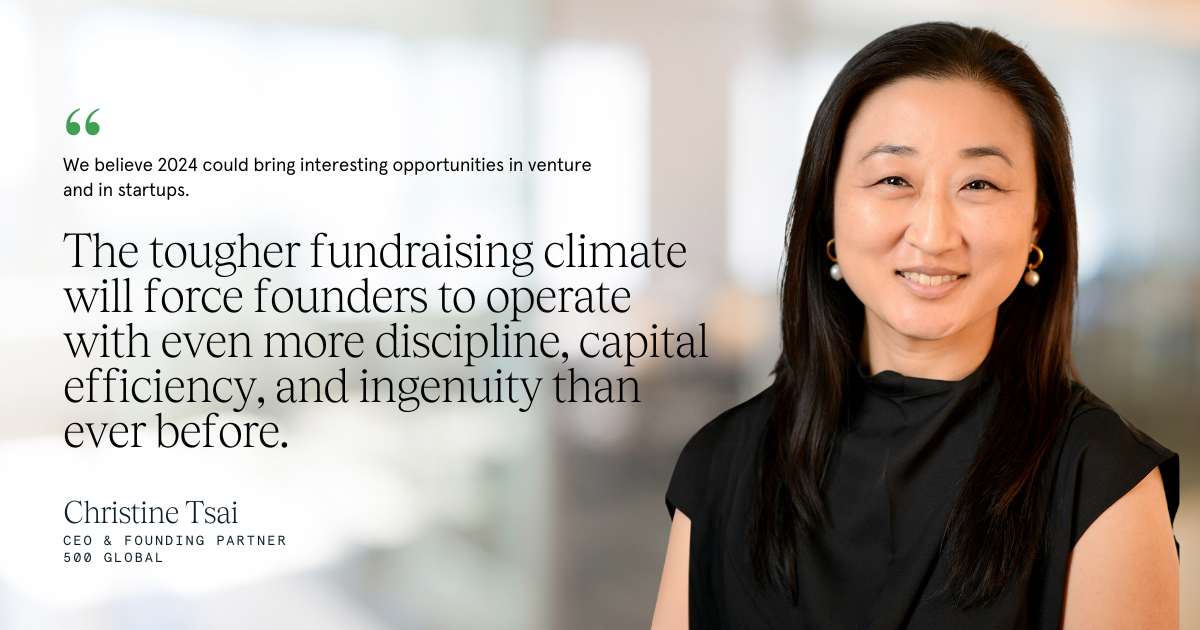How do you evaluate a potential startup investment?
This is inevitably one of the first questions I’m asked when talking to aspiring VCs at industry events and programs like VC Unlocked, and rightfully so.
Ask around and you’ll hear about the hours clocked and the expensive mistakes a VC has to make in order to develop the muscle memory and pattern recognition to succeed in this industry. Throw in the influx of capital chasing fewer high-potential startups, and it becomes increasingly clear that early stage investors need to arm themselves with something stronger than gut instinct.
For investors looking to break into the industry, that means honing in on their opportunity assessment framework and filters that allow them to mitigate risk and maximize returns.
Opportunity Assessment
Let’s start by defining opportunity assessment: simply put, it’s a set of criteria or questions that will make you say yes or no to an investment.
Opportunity assessment is a foundational discipline for any VC, and often one that takes the longest to hone. It’s particularly hard for early stage investments when you don’t have financials to project. By approaching your evaluation of new investments in a more systematic way, you’ll save yourself some war stories down the road.
With over 1,800 investments under our belt, we like to think we’ve learned a thing or two about opportunity assessment. Here’s how we evaluate early stage investment opportunities:
At 500, we’re pretty transparent about our investment thesis. Compared to more traditional VC firms on Sand Hill Road, we prefer a large, diversified portfolio of early-stage investments that reduces risk and maximizes potential return. In other words, we advocate lots of little bets.

Now once you have that thesis, how do you put it into practice? That’s where your frameworks and filters come in. Every firm’s framework is different, depending on their area of focus, and each is crucial to their success (or lack thereof).
Over the course of seven years, we’ve built a data-driven process based on a selection of pre-defined metrics.
Kickass Team
Ideally, we’re looking for a cross-functional team with design, engineering and marketing expertise. In our experience, bringing together technical team members and talented product and distribution pros is a winning combination.
Solving a problem
The product or service you’re investing in should solve a problem for a specific target customer. In many cases, that goes hand in hand with a market shift and means solving a problem that wasn’t obvious before.
Capital-efficient business
We’re looking for companies that are operational at less than $1M in external financing. Their CAPEX needs to be low, or we need to see revenue ticking upwards. Watch that burn rate!
Path to Series A
If you’re running out of money and trying to raise again, chances are you’re already too late. As early-stage investors, we need to know whether you can raise the next round. Startups die for one reason…
Functional prototype
We need to see a functional prototype before investing, or previous product success at the very least. Early customer usage is another bonus.
Measurable traction
Beware of vanity metrics. We’re looking for engaged users, some revenue, and attractive unit economics that are trending upwards.
Scalability
One a company has product market fit, they should have either scalable internet-based distribution (search, social, mobile) or a proven ability to scale sales. 500 has an in-house distro team of growth marketing experts that specializes in advising post-seed companies preparing to raise their Series A round.
When 500 Startups likes to invest:

So there you have it, a high-level overview of how we evaluate new venture opportunities. Once you’ve decided on your framework on whether to invest in a company or not, it’s time to move on and focus on pricing and terms.
Interested in VC? We’re currently accepting applications for VC Unlocked (June 18 – June 29, 2018), our 2-week executive education program in collaboration with the Stanford Center for Professional Development on the secrets of Silicon Valley investing.
Note: 500 Startups events are operated by 500 Startups Incubator, L.L.C. and the funds advised by 500 Startups do not participate in any revenue generated by these activities. Such programs and services are provided for educational and informational purposes only and under no circumstances should any content provided as part of any such programs, services or events be construed as investment, legal, tax or accounting advice by 500 Startups Incubator, L.L.C. or any of its affiliates.




